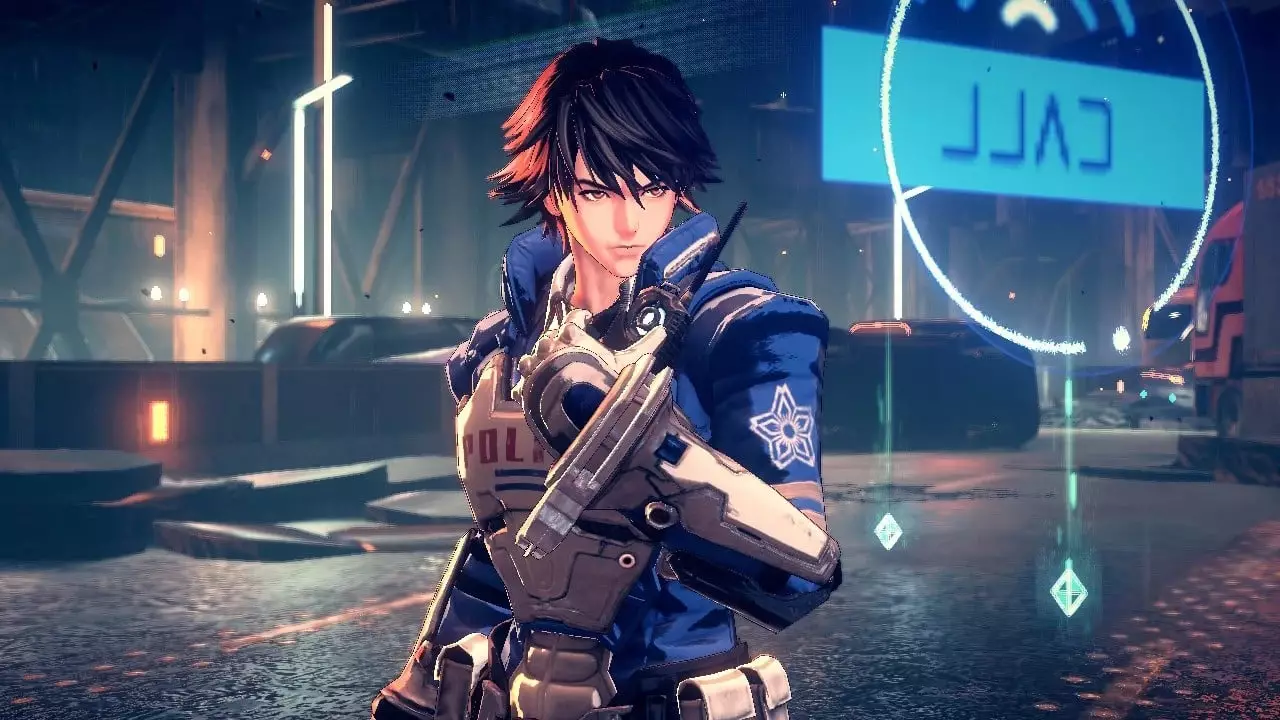The gaming industry is an ever-changing landscape, characterized by rapid developments and shifts in creative talent. Recent events surrounding PlatinumGames—a studio celebrated for its innovative titles—have sparked discussion about the potential ramifications of its veteran developers departing. Key figures, including Astral Chain director Takahisa Taura, appear to have moved on from the studio, potentially establishing a new venture. These developments raise pertinent questions about both the immediate and long-term future of PlatinumGames and its ongoing projects.
Reports surfaced late last year indicating that a number of seasoned developers had seemingly parted ways with PlatinumGames. The visible departure of these veterans marks a significant shift within an organization recognized for its unique gameplay mechanics and storytelling prowess. Abebe Tinari, who worked on the recent release of Bayonetta Origins, confirmed their exit, which set the stage for speculation regarding additional departures. Several social media accounts belonging to PlatinumGames’ notable talents were updated to exclude any mention of the studio, including that of Takahisa Taura, further fueling rumors of their exit showcasing a persistent trend where employee sentiment can ripple through the organization.
The crux of the speculation centers on Taura’s alleged transition to a new company named Eel Game Studio, as indicated through social media clues and online discussions. Although the specifics about Eel Game Studio remain ambiguous, its existence and location in Tokyo align with the trend of creative individuals seeking greater independence in producing their work. The allure of founding a studio could represent a pursuit of artistic vision unfettered by corporate constraints or studio politics—elements that sometimes complicate the development process within larger entities.
The tantalizing possibility of an Astral Chain sequel adds another dimension to the discourse. The potential for Taura and his contemporaries to lend their expertise to a fresh endeavor could breathe new life into cherished franchises, albeit outside their original development framework. Online discussions on platforms like Reddit have alluded to the existence of a sequel that was in development at PlatinumGames, oscillating back and forth between corporate strategies involving Nintendo.
During a period of internal complications among developers and with stakeholders like Nintendo, the sequel faced significant challenges, leading to its rumored reboot under Nintendo’s direction. This narrative highlights the complexities that often accompany franchise management in the gaming sector. The struggle for creative alignment and vision can easily lead to the dissolution of planned projects, leaving fans perpetually yearning for more. While the reported conflicts generated some disappointment among die-hard Astral Chain enthusiasts, they also opened the door to new opportunities, perhaps even signaling an impending resurgence of the franchise by a familiar but rebranded development team.
Despite the worrying trends concerning talent departure, it would be naive to write off PlatinumGames entirely. The studio remains a formidable powerhouse, as evidenced by their recent involvement in the reveal of Ninja Gaiden 4 during Xbox’s Developer_Direct 2025. While many might speculate that the loss of talent could hinder the studio’s output, the recent partnership with Koei Tecmo’s Team Ninja showcases that collaborative efforts can yield impressive outcomes.
PlatinumGames has always been synonymous with high-quality action titles, and their knack for forging partnerships could give them an even brighter spotlight in the industry. The departure of noted talents presents challenges, but it also opens avenues for fresh ideas and creative directions. Acknowledging these departures allows for a broader perspective on the cycles of talent that inevitably come and go in this sector.
As the gaming landscape evolves, the movement of talent in and out of studios like PlatinumGames reflects broader industry dynamics. While uncertainties linger, the departure of established figures such as Takahisa Taura serves as both a challenge and an opportunity. The pursuit of new creative avenues often benefits the gaming community, fostering innovative titles and experiences. As the dust settles, one can only hope that the next chapter in the story of PlatinumGames—regardless of what form it takes—will continue to captivate players and honor the legacy established by its groundbreaking contributors.


Leave a Reply